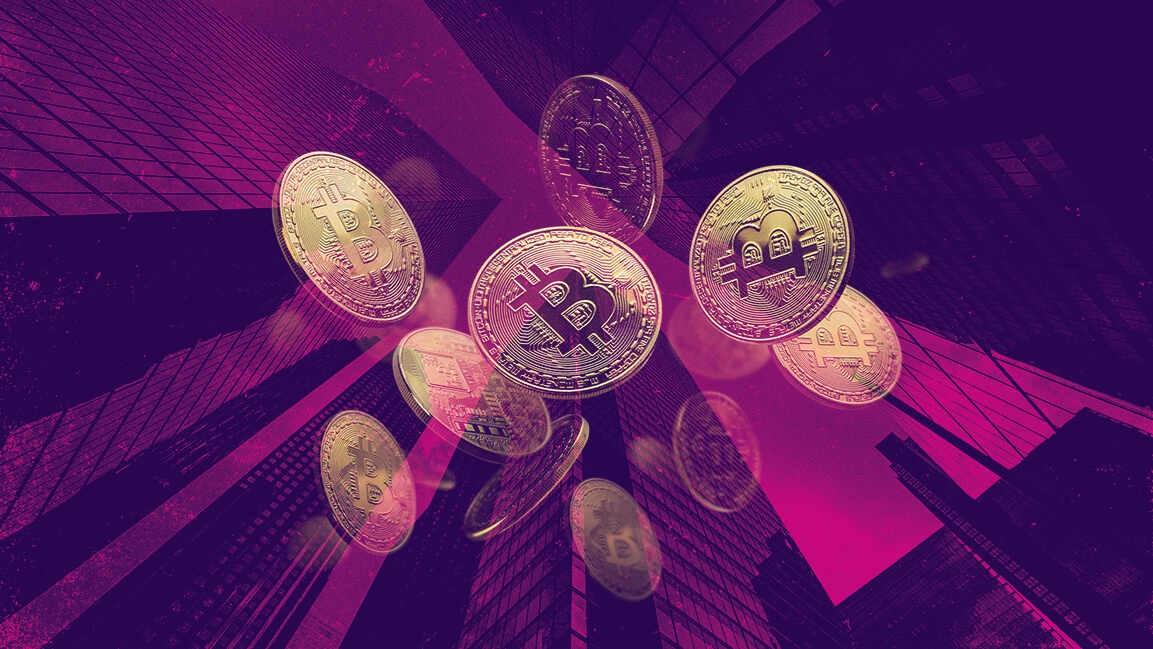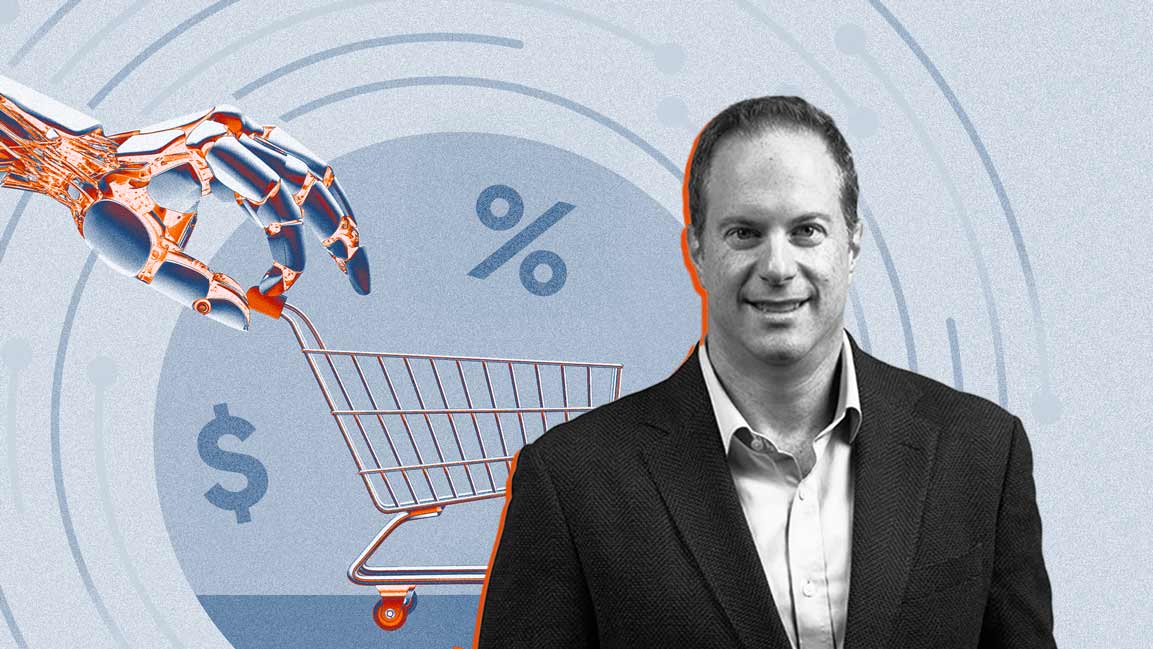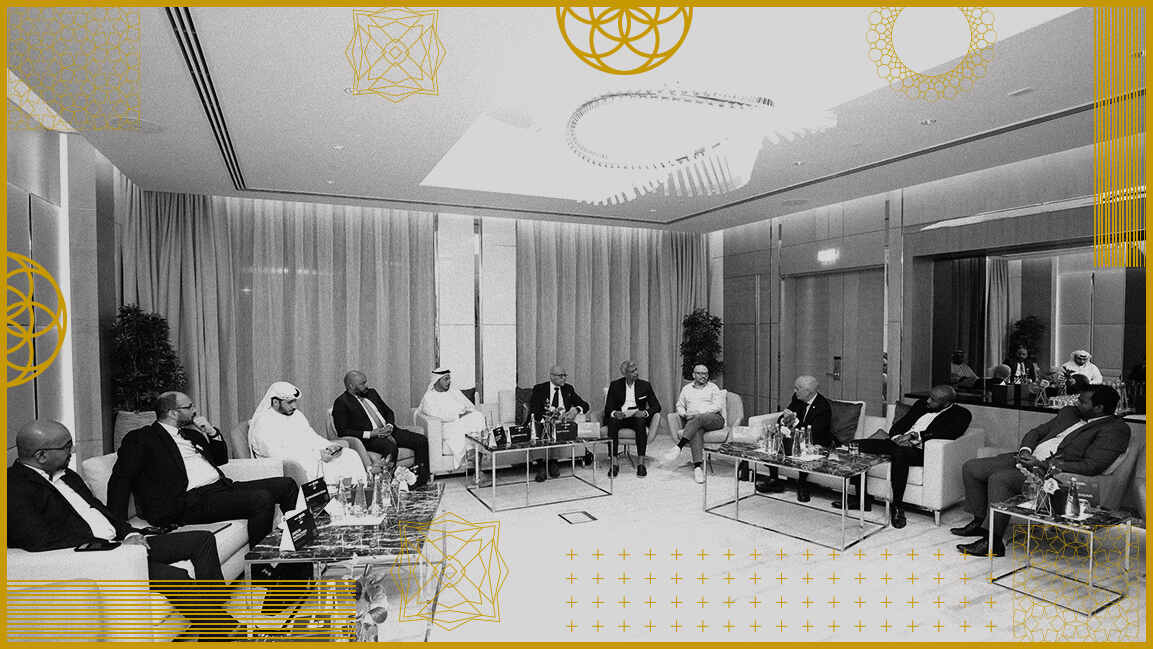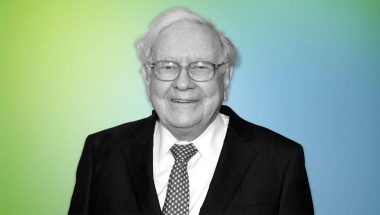- | Binance
Will crypto’s next big surge come from the Middle East?
It is the push for regulatory clarity that is driving the next phase of crypto adoption

Crypto’s rise in the Middle East mirrors the evolution of other digital services—once niche and experimental, now mainstream and regulated. As the industry expands, so do its challenges. Regulation is still taking shape, and trust remains a critical factor. However, with governments and, subsequently, regulators setting clearer guidelines, the region is defining its approach to virtual assets, which could shape the industry’s future.
Meera Judge, Regional Compliance Officer MENASAT, Binance, describes this as a pivotal moment for virtual assets. “We are living in an incredibly exciting time, as regulation and compliance are beginning to legitimize the industry and its nuances,” she says.
The adoption of regulatory frameworks across the region is expected to drive further innovation and global growth. Yet, no region has embraced the Web3 industry as comprehensively as the GCC. Judge attributes this to a shared vision between the region and the industry—one that thrives on pushing boundaries, embracing challenges, and fostering innovation beyond traditional comfort zones.
DEVELOPING REGULATION
The Middle East, particularly the UAE, has rapidly positioned itself as a global hub for virtual assets, driven by a proactive regulatory approach. Over the past three years, the region has embraced blockchain and crypto innovations while working to establish a comprehensive framework for oversight, hand in hand with the industry.
Judge highlights the creation of the Dubai Virtual Assets Regulatory Authority (VARA) as a key example of this progress. This initiative reflects a maturing regulatory landscape that seeks to balance technological advancement with consumer protection, fostering security and innovation in the virtual asset space.
As regulatory clarity improves, the industry gains further legitimacy, drawing a diverse range of institutions eager to explore virtual assets and blockchain technology in the region.
This year, Binance has seen an influx of traditional financial institutions intertwining with decentralized finance. Beyond that, companies across the region are beginning to adopt blockchain for data tracking solutions rather than just for virtual assets. For Judge, “The industry has immense potential to shape the region’s future, and we at Binance cannot wait to see where it goes.”
THE RISK, THE CHALLENGE
Binance continues to strengthen its regulatory compliance, aligning with guidelines from Dubai’s Virtual Assets Regulatory Authority (VARA) and the UAE Federal Government. The company has significantly invested in compliance, spending over $213 million in 2023 to enhance security systems, reinforce Anti-Money Laundering (AML) and Know Your Customer (KYC) protocols, and prioritize user safety.
Beyond these investments, Binance has undergone significant changes, sharpening its focus on security, regulatory compliance, and transparency.
Judge emphasizes that education and security remain central to Binance’s strategy, ensuring user protection while driving innovation to enhance safety and experience.
The rapid growth of the virtual asset industry in 2024 has also fueled a rise in scams and digital financial crimes, often targeting users unfamiliar with potential risks. Binance has reinforced its commitment to tackling these challenges by strengthening security measures and investing in user education to build a more resilient ecosystem.
Crypto scams have become more sophisticated, leveraging AI deepfakes and phone hacking to bypass detection. In response, Binance has strengthened its fraud detection technology while prioritizing user education to help individuals recognize and avoid potential threats.
Beyond security, blockchain’s potential extends far beyond finance. Judge notes that its ability to store and trace data makes it valuable in any industry reliant on information systems. In supply chain management, for instance, blockchain could track produce in the UAE from harvest to consumption, ensuring transparency, quality, and consumer confidence.
Judge adds that while the tokenization of real-world assets—such as real estate and commodities—is still in its early stages, it has the potential to unlock new investment opportunities and reshape traditional asset markets. Although widespread adoption may take time, she notes that the Middle East’s progressive financial landscape could accelerate its implementation sooner than expected.
EXCHANGE ACCOUNTABILITY
While self-regulation can help establish best practices in the crypto industry, its influence remains limited compared to government oversight. The sector thrives on innovation, allowing platforms to experiment with new models and approaches.
However, as Judge points out, a harmonized regulatory framework—similar to traditional finance—is essential for long-term stability and security. “While self-regulation has not yet achieved that level of impact, it still plays a crucial role in shaping new standards within the industry,” she says.
Centralized exchanges, like Binance and others, also play a crucial role in the global effort to combat illicit financial activities.
Exchanges are trusted to securely store assets and investments as the first point of contact for many users. This trust places a significant responsibility on Centralized exchanges, including Binance, which are at the forefront of efforts to combat illicit financial activities.
As the primary gateway for many users, these platforms are responsible for safeguarding assets and adapting to emerging risks. Yet, with millions trading, buying, and selling virtual l assets daily, exchanges inevitably become focal points for potential misuse.
In this sense, exchanges function like bustling outdoor markets—bringing together vast communities but also facing exposure to fraudulent activities. This makes rigorous Anti-Money Laundering (AML) and Know Your Customer (KYC) protocols critical. Verifying users and monitoring transactions serve as essential safeguards, helping to detect and prevent financial crimes while reinforcing trust in the ecosystem.
BINANCE’S PRIORITY
As Binance looks ahead to 2025, its priorities remain centered on security, innovation, and market expansion. Strengthening security protocols through advanced technologies and risk management remains a key focus in protecting user assets and data.
Innovation also plays a crucial role, with Judge emphasizing the company’s commitment to developing products and services that align with users’ evolving needs while accelerating blockchain adoption across industries.
Additionally, it is working to expand its global footprint by securing regulatory approvals, forming strategic partnerships, and adapting its offerings to local markets—broadening access to the virtual asset ecosystem.








































